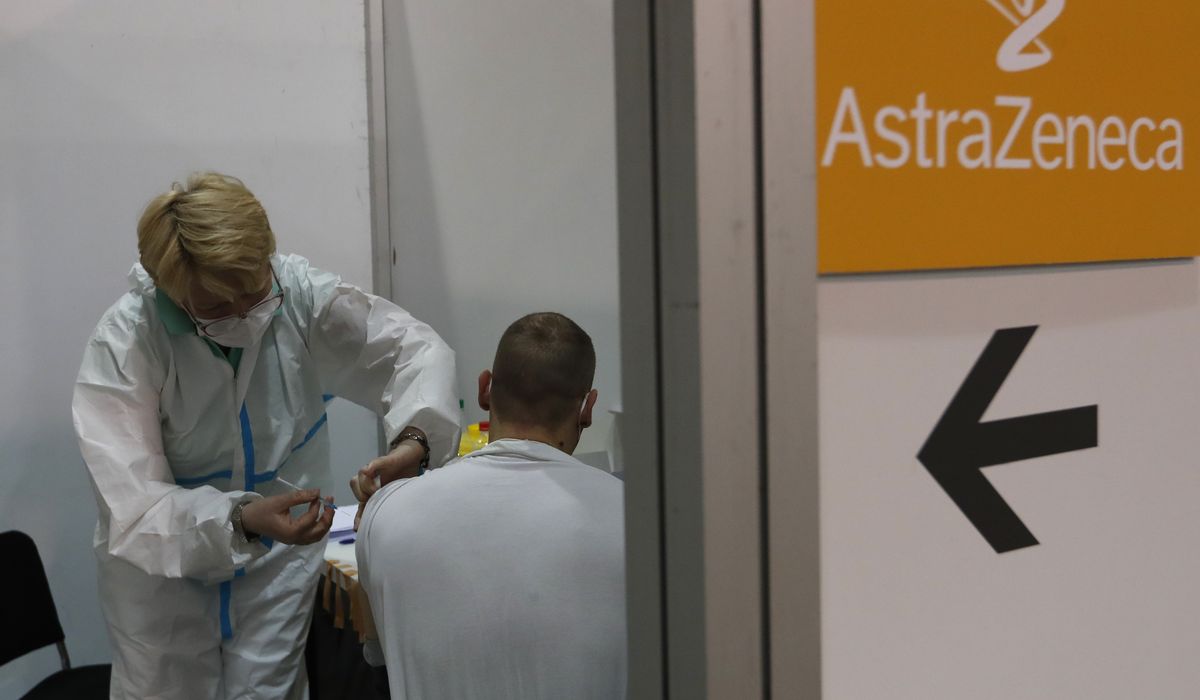AstraZeneca said Tuesday it will share up-to-date vaccine data “within 48 hours” after federal officials — in a highly unusual move — said promising results from a COVID-19 trial might have been based on outdated information.
The drugmaker said the latest information will be consistent with the analysis it used to report promising results from its U.S. trial on Monday. That analysis had a data-cutoff of Feb. 17.
The infectious-diseases arm of the National Institutes of Health released a post-midnight statement Tuesday that said an outside panel of experts, known as the Data and Safety Monitoring Board, had problems with the data used to tout the results.
“The DSMB expressed concern that AstraZeneca may have included outdated information from that trial, which may have provided an incomplete view of the efficacy data. We urge the company to work with the DSMB to review the efficacy data and ensure the most accurate, up-to-date efficacy data be made public as quickly as possible,” read the statement from the National Institute of Allergy and Infectious Diseases.
NIAID Director Anthony Fauci said the dustup amounted to an “unforced error.”
“This is likely a very good vaccine,” Dr. Fauci told ABC News’s “Good Morning America.” “If you look at it, the data really are quite good, but when they put it into the press release, it wasn’t completely accurate.”
AstraZeneca on Monday said its vaccine completely staved off hospitalizations and severe disease and was 79% effective at preventing all forms of disease from the coronavirus in a large U.S. trial that also included participants in Chile and Peru.
It was a promising sign after the vaccine faced hiccups in Europe. Shipments to the European Union were delayed this year, and European regulators had to assure nations the vaccine was safe amid concerns about blood clotting in some recipients.
Biden adviser Andy Slavitt, speaking to CNN, characterized the clash with U.S. advisers as a sign the process is transparent and that regulatory mechanisms are working.
“Nothing will get approved unless the FDA does a thorough analysis of this data,” Mr. Slavitt said. “Until that time, this is all stuff that will happen in the background.”



















